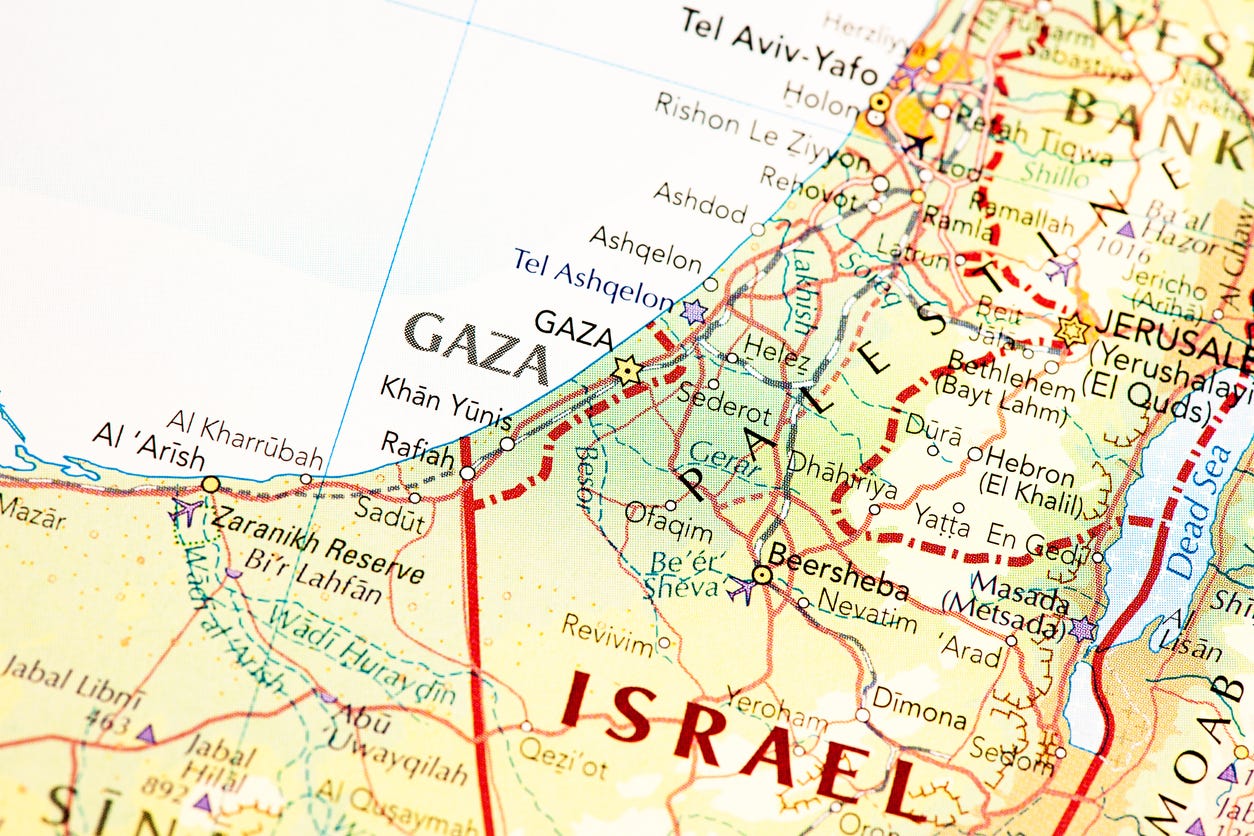What Americans Really Think about the Israel-Hamas War
PART 1 OF 3: THE CAMPUS PROTESTS AND THE PROTESTERS

The campus protests against Israel’s war in Gaza have recently fixated the attention of the big media. Thus far, the toll stands at protests at 80 schools, with roughly 2,500 arrests and several cancelled graduations. As antiwar protests go, they are not a big deal—hardly comparing, as we shall see below, with the protests against the Vietnam War.
Still, they are not without consequences. They are dividing the Democratic Party and uniting the Republican Party over an issue—support for allies abroad—that earlier worked the other way (uniting Democrats and dividing Republicans). They reveal a remarkable contrast in attitudes toward Israel by generation: Older voters are much more pro-Israel than younger voters. And they could affect the outcome of a close presidential election, negatively for Joe Biden.
If the protests do tip the election, it won’t be because most Americans care deeply about the Israel-Hamas war—they plainly don’t—but rather because Biden has failed to exercise leadership by presenting any compelling vision of what American interests are in the Mideast and why America has extended or should extend (as he claims) an “ironclad commitment to the security of Israel.” After seven months of war, most Americans remain supportive of Israel. But another large share, especially of younger Americans, remains “unsure” why we are involved. That failure rests on the President.
So this is what I want to discuss: What do Americans really think about the Israel-Hama war? I’m going to proceed in three installments. First, in this installment, I’m going to discuss the campus protests, not because these protests are representative of public opinion (they are not), but because they differ from Vietnam-era antiwar protests in remarkable ways that the media have largely ignored.
Next week, in the second installment, I’ll move on to discuss the opinions of Americans in general about the conflict—by party, religion, race, gender, and age. Finally, in the third installment, I’ll conclude with some observations on the President’s failure to clarify why America should be, or should not be, supportive of Israel in its campaign against Hamas.
Campus Protests… Then and Now
In their coverage of the campus protests, both the protest leaders and the media make frequent references to the last time a significant antiwar movement gripped American campuses, the Vietnam War demonstrations at the end of the 1960s. In fact, many of the protests seem like deliberate cosplay, with kids re-enacting the “Vietnam Summer” of 1967: Activists mark off “liberated zones,” chant invectives against colonialism, dress like indigenous freedom fighters, and issue vast and defiant manifestos.
Enough, already. Let’s identify a few clear contrasts between now and yesteryear.


